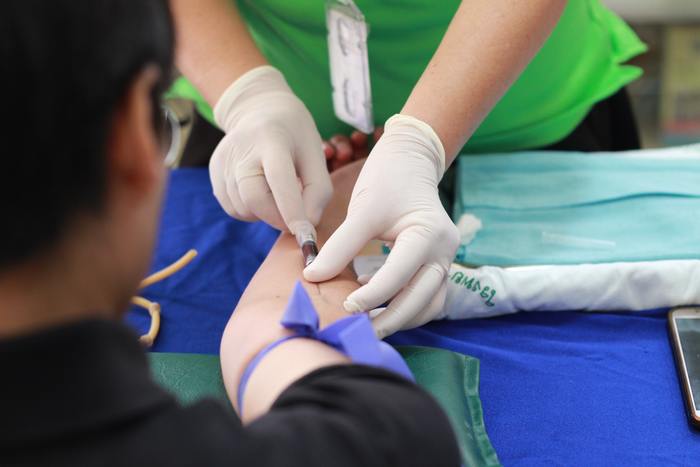
Creative people who are ‘employed to invent’ have historically enjoyed few rights to the financial fruits of their labour. However, in a landmark ruling that signals a significant change to that position, the Supreme Court awarded seven-figure compensation to a professor whose brainchild proved a money-spinner.
Whilst employed by a subsidiary of a multinational group, the professor invented a blood testing device for use by diabetics. The terms of the Patents Act 1977 meant that the rights to his invention belonged to his employer from the outset. They were assigned for a nominal sum to the group which, after being granted various patents, profited from the invention to the tune of over £24 million.
The professor launched proceedings under Section 40 of the Act, claiming that the patents arising from his invention were of outstanding benefit to his employer and that he was entitled to a fair share of the profits. His claim was, however, rejected by a hearing officer (HO) on behalf of the Comptroller-General of Patents and subsequently by the High Court and the Court of Appeal.
In upholding his challenge to that outcome, the Supreme Court ruled that the outstanding contribution test was met and that, in finding otherwise, the HO had focused excessively on the very large turnover and profits of the group.
Giving guidance for the future, the Court noted that tribunals should be very cautious before accepting arguments that a patent has not been of outstanding benefit to an employer simply because it has had no significant impact on the value of its sales or profitability. The professor was awarded £2 million, that sum representing 5 per cent of the profits generated by the patents.